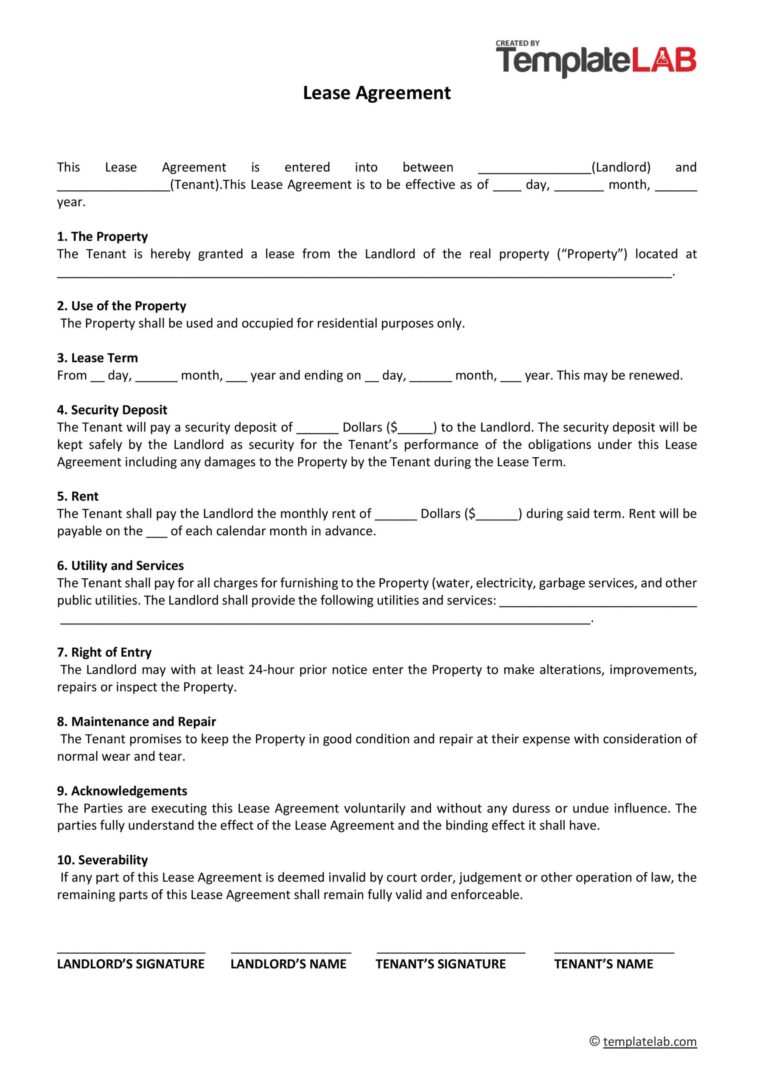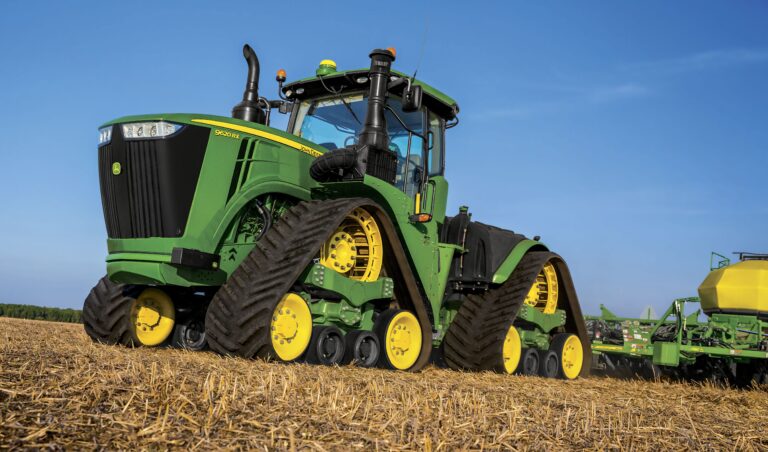Used Hydro Excavation Trucks For Sale: A Comprehensive Buyer’s Guide
Used Hydro Excavation Trucks For Sale: A Comprehensive Buyer’s Guide cars.truckstrend.com
Introduction
In the evolving landscape of construction, utility maintenance, and environmental services, precision and safety are paramount. Traditional excavation methods often carry inherent risks, from damaging underground utilities to creating hazardous work environments. This is where hydro excavation, a non-destructive digging technique, emerges as a superior alternative. By utilizing pressurized water to liquefy soil and a powerful vacuum system to remove the slurry, hydro excavation allows for safe, efficient, and precise exposure of buried infrastructure.
Used Hydro Excavation Trucks For Sale: A Comprehensive Buyer’s Guide
For businesses looking to expand their capabilities or enter this specialized field, investing in a hydro excavation truck is a significant decision. While brand-new units offer the latest technology, their substantial upfront cost can be a barrier for many. This comprehensive guide delves into the world of "Used Hydro Excavation Trucks For Sale," offering a viable and often more economical pathway to acquiring this essential equipment. Exploring the used market can unlock significant cost savings, provide immediate availability, and offer a wide array of options, making it an attractive proposition for both established companies and ambitious startups alike.
Understanding Hydro Excavation Trucks
Before diving into the used market, it’s crucial to grasp the fundamental components and operational principles of a hydro excavation truck. These specialized vehicles are essentially mobile excavation units, combining several key systems on a heavy-duty chassis:
- Water System: Includes a large water tank (typically 500-2000 gallons) and a high-pressure water pump (delivering 10-25 GPM at 2,000-3,000 PSI). This system generates the precise water jet used to break up soil.
- Vacuum System: Features a powerful vacuum blower (rated in Cubic Feet per Minute, CFM, typically 3,000-6,000+ CFM) and a large debris tank (ranging from 6 to 15+ cubic yards). The vacuum pulls the loosened soil and water mixture into the debris tank.
- Boom and Hose System: A hydraulic boom, often articulated, extends from the truck to position the excavation hose precisely over the digging area. The hose carries both the water jet and the vacuum suction.
- Power Take-Off (PTO) System: Connects the truck’s engine to power the high-pressure pump and vacuum blower.
- Control Panel: Allows operators to manage water pressure, vacuum power, boom movement, and other functions from a safe distance.

Hydro excavation trucks are indispensable for a wide range of applications, including:
- Utility Line Exposure: Safely uncovering gas lines, fiber optics, water mains, and electrical conduits.
- Trenching: Creating precise trenches for new utility installations or repairs.
- Potholing/Daylighting: Excavating small, precise holes to verify the location of underground utilities.
- Debris Removal: Cleaning up spills, clearing culverts, or emptying catch basins.
- Slot Trenching: Creating narrow, deep trenches for specific installations.
Why Consider Used Hydro Excavation Trucks? Benefits and Advantages
Opting for a used hydro excavation truck presents several compelling advantages, making it a smart strategic choice for many businesses:
- Significant Cost Savings: This is arguably the primary benefit. Used trucks can be acquired at a fraction of the cost of new models, freeing up capital for other investments or operational expenses. Depreciation is also less steep on a used asset.
- Immediate Availability: Unlike new trucks that often have long lead times for manufacturing and delivery, used units are typically available for immediate purchase and deployment, allowing you to seize opportunities faster.
- Proven Performance: A used truck has already been put through its paces, offering a track record of its operational capabilities and any potential quirks. While requiring thorough inspection, a well-maintained used unit can offer reliable service.
- Wider Selection: The used market often boasts a more diverse inventory of makes, models, configurations, and capacities than what might be immediately available from a single new dealer. This allows for greater flexibility in finding a truck that perfectly matches your specific needs and budget.
- Lower Insurance Costs: Insurance premiums for used equipment are generally lower than for new assets, contributing to reduced ongoing operational costs.
- Environmental Responsibility: Purchasing used equipment promotes sustainability by extending the lifecycle of existing machinery, reducing the demand for new manufacturing and its associated resource consumption.
Key Considerations When Buying a Used Hydro Excavation Truck
While the benefits are clear, purchasing a used hydro excavation truck requires careful due diligence. A thorough evaluation process is critical to ensure you’re making a sound investment:
1. Age, Hours, and Maintenance Records
- Engine Hours: Indicates the overall workload on the truck’s power plant.
- Blower Hours: Critical for assessing the wear on the vacuum system, often the most expensive component to replace.
- Pump Hours: Reflects the usage of the high-pressure water system.
- Maintenance Logs: Request complete service records. This is invaluable for understanding past repairs, routine maintenance, and potential recurring issues. A well-documented history indicates responsible ownership.
2. Comprehensive Pre-Purchase Inspection
This is non-negotiable. If you’re not an expert, hire a qualified mechanic or a hydro excavation specialist to perform a detailed inspection.
- Engine & Drivetrain: Check for leaks, unusual noises, proper fluid levels, and general performance. Test all gears.
- Hydro System: Inspect the high-pressure pump for leaks or damage. Check water lines, nozzles, filters, and the integrity of the water tank (rust, cracks).
- Vacuum System: Crucial component. Listen for unusual noises from the blower, check filter condition, inspect vacuum hoses for cracks or wear, and assess the debris tank for rust, dents, or structural integrity issues. Test the vacuum suction power.
- Boom & Controls: Operate the boom through its full range of motion. Check for smooth operation, hydraulic leaks, and proper functioning of all remote controls.
- Chassis & Body: Look for excessive rust, frame damage, tire wear, and proper functioning of all lights and safety features.
- Safety Features: Ensure all emergency stops, backup alarms, and safety interlocks are fully functional.
3. Capacity Needs (Debris & Water)
Match the truck’s capacity to your typical job requirements.
- Debris Tank Size: (e.g., 6, 8, 10, 12, 15 cubic yards) – Larger tanks allow for more excavation before needing to offload.
- Water Tank Size: (e.g., 500, 800, 1000, 1200 gallons) – Larger water tanks mean less time spent refilling.
4. Pump and Blower Specifications
- Water Pump (PSI & GPM): Ensure the pressure (PSI) and flow rate (GPM) are adequate for the soil types you’ll encounter. Higher PSI for tougher soils, higher GPM for faster excavation.
- Vacuum Blower (CFM): A higher CFM indicates greater suction power, crucial for moving dense slurry and excavating quickly.
5. Dealer Reputation vs. Private Seller
- Dealers: Often offer some form of limited warranty, pre-inspection, and financing options. They typically have a vested interest in their reputation.
- Private Sellers: Can offer lower prices, but typically "as-is" sales with no warranty. Requires more vigilance on the buyer’s part.
6. Emissions Standards & Regulations
Verify that the truck meets current local and federal emissions standards. Older models might require costly upgrades or may not be permissible in certain areas. Also, be aware of Gross Vehicle Weight Rating (GVWR) and axle load limits for legal operation.
Where to Find Used Hydro Excavation Trucks for Sale
The market for used hydro excavation trucks is diverse, offering several avenues for finding your next piece of equipment:
- Specialized Equipment Dealers: Many heavy equipment dealerships specialize in vocational trucks, including hydro excavators. These dealers often inspect, service, and sometimes offer warranties on their used inventory, providing a higher level of confidence.
- Online Marketplaces: Websites like EquipmentTrader, TruckPaper, and MachineryTrader are popular platforms listing thousands of used trucks from dealers and private sellers across North America.
- Auction Houses: Reputable auctioneers like Ritchie Bros. Auctioneers, IronPlanet, and GovPlanet frequently feature used hydro excavation trucks from fleet liquidations, bankruptcies, or government surplus. Auctions can offer competitive pricing but require quick decision-making and often involve "as-is" sales.
- Direct from Contractors: Networking within the industry or checking local classifieds might reveal contractors selling older units as they upgrade their fleets. This can sometimes lead to good deals, as there are no dealer markups.
- Manufacturer Websites: Some hydro excavation truck manufacturers (e.g., Vac-Con, Vactor, Presvac, Super Products) may list certified used equipment or direct you to their authorized dealers.
Tips for a Successful Purchase
- Define Your Needs Clearly: Before you start looking, know exactly what capacity, power, and features your operations require.
- Set a Realistic Budget: Factor in not just the purchase price, but also potential transportation costs, pre-purchase inspection fees, initial maintenance, and any necessary upgrades.
- Prioritize the Inspection: Never skip a professional, third-party inspection. It’s the best defense against hidden problems.
- Negotiate: Don’t be afraid to negotiate the price, especially if the inspection reveals minor issues that will require repair.
- Test Drive and Operate All Functions: Beyond a visual inspection, ensure the truck drives well and that all hydro excavation systems (water pump, vacuum, boom) operate smoothly and powerfully.
- Understand Financing Options: Explore financing through the dealer, a bank, or equipment leasing companies. Used equipment financing can differ from new.
- Budget for Post-Purchase Maintenance: Even a well-inspected used truck will likely need some immediate attention (fluid changes, filter replacements) and ongoing maintenance.
Potential Challenges and Solutions
- Hidden Issues: Even with an inspection, some problems might not be immediately apparent. Solution: Buy from reputable sellers, consider limited warranties if available, and budget a contingency fund for unexpected repairs.
- Lack of Warranty: Most private sales are "as-is." Solution: A thorough pre-purchase inspection is paramount. Factor in the cost of potential repairs into your overall budget.
- Outdated Technology: Older models might lack advanced features like remote diagnostics or sophisticated control systems. Solution: Assess if these features are critical to your operation. Sometimes, simplicity can mean fewer things to break.
- Regulatory Compliance: Meeting current emissions or weight regulations can be a challenge for very old units. Solution: Verify compliance before purchase. Consult local DOT regulations.
- Parts Availability: For very old or obscure models, finding replacement parts can be difficult or expensive. Solution: Research common wear parts availability before buying. Stick to well-known brands.
Price Table: Estimated Used Hydro Excavation Truck Prices
Please note: Prices for used hydro excavation trucks vary significantly based on brand, model, year, hours, condition, features, and geographical location. This table provides a general estimated range for illustrative purposes and should not be considered definitive.
| Make/Model (Example) | Year Range | Debris Tank (cu yd) | Water Tank (gal) | Blower CFM | Pump PSI | Estimated Price Range (USD) | Key Factors Affecting Price |
|---|---|---|---|---|---|---|---|
| Mid-Size Entry-Level | 2010-2015 | 6-8 | 500-800 | 3000-4000 | 2000-2500 | $50,000 – $95,000 | Age, hours, condition, basic features |
| (e.g., Vactor 2100, Vac-Con 385) | |||||||
| Standard Workhorse | 2014-2018 | 8-10 | 800-1200 | 4000-5000 | 2500-3000 | $90,000 – $160,000 | Brand reputation, maintenance records, common features |
| (e.g., Super Products Camel, Presvac PV-Series) | |||||||
| High-Capacity/Newer | 2018-2022 | 10-15+ | 1200-1500+ | 5000-6000+ | 2500-3000+ | $150,000 – $280,000+ | Low hours, advanced features (e.g., wireless remote), excellent condition |
| (e.g., Ramvac HX Series, GapVax HV-Series) |
Note: These are ballpark figures. Prices can be lower for trucks in poor condition or higher for exceptionally well-maintained units with low hours and premium features.
Frequently Asked Questions (FAQ)
Q1: How old is too old for a used hydro excavation truck?
A1: There’s no fixed age limit. What matters more are the hours on the engine, blower, and pump, and the truck’s overall maintenance history. A well-maintained 10-year-old truck with lower hours can be a better buy than a poorly maintained 5-year-old one with high hours.
Q2: Can I finance a used hydro excavation truck?
A2: Yes, absolutely. Many equipment finance companies, banks, and even some specialized equipment dealers offer financing options for used trucks. Interest rates and terms will depend on the truck’s age, your creditworthiness, and the loan amount.
Q3: What are the most important things to check during an inspection?
A3: The most critical areas are the vacuum blower (look for signs of overheating, listen for unusual noises), the high-pressure water pump (leaks, pressure output), the integrity of the debris and water tanks (rust, cracks), the condition of the boom and its hydraulics, and the overall engine and drivetrain health.
Q4: Are parts readily available for older models?
A4: For major brands like Vactor, Vac-Con, and Super Products, parts are generally available even for older models due to their widespread use and robust supply chains. However, for very old or less common brands, parts might be harder to source, potentially leading to longer downtime or higher repair costs.
Q5: What are common maintenance issues for hydro excavation trucks?
A5: Common issues include wear on vacuum blower seals and bearings, clogs in the water or vacuum lines, hose damage, pump seal failures, and general wear on hydraulic components. Regular preventative maintenance, including fluid changes, filter replacements, and lubrication, is crucial to minimize these issues.
Q6: How much can I expect to save buying used vs. new?
A6: Savings can be substantial, often ranging from 30% to 70% or more compared to a new truck, depending on the age, condition, and features of the used unit. This significant capital expenditure reduction is a primary driver for the used market.
Conclusion
Acquiring a used hydro excavation truck is a strategic decision that can significantly impact your business’s financial health and operational capabilities. While the allure of a brand-new machine is strong, the used market offers a compelling blend of affordability, immediate availability, and a wider selection, making it an excellent entry point or expansion opportunity for many.
By diligently researching, conducting thorough inspections, understanding your specific needs, and being aware of the potential challenges, you can navigate the used market with confidence. A well-chosen used hydro excavation truck can deliver years of reliable, cost-effective service, empowering your business to safely and efficiently tackle the diverse and growing demands of modern excavation. Invest wisely, and unlock the power of precision digging without breaking the bank.





